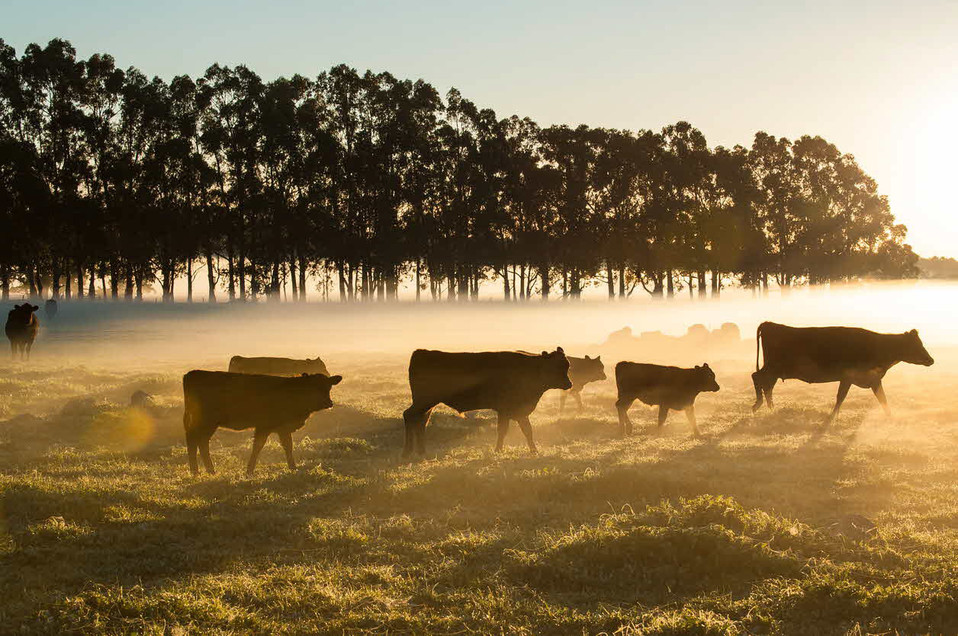Global warming – a rising cost to Australia's livestock industries
06 Jun 2017
Worms, ticks, and flies are just some of the parasites that cause health problems in Australian livestock. Now with average yearly temperatures on the rise, experts warn that parasite infection and disease is likely to spread and become more costly, particularly in Australia’s more southern livestock industries.
Dr. Peter James from the Queensland Alliance for Agriculture and Food Innovation will be speaking at the Australian Veterinary Association (AVA) Annual Conference tomorrow about the link between climate change and the spread of tropical and subtropical parasites into southern livestock areas.
“Pests and disease have a huge impact on our livestock industries every year. The cattle tick, for example, was most recently estimated to cost the northern Australian beef industry $161 million and buffalo flies a further $99 million over a 12-month period.
“Areas with high temperatures and humidity offer the perfect climatic conditions for parasites to survive and spread. Based on current forecasts around climate change and rising temperatures, Australia will experience significantly increased impacts from buffalo flies and greater tick challenge in south-east Queensland and northern NSW.
“In the non-dairy cattle industries, sheep and goat industries, Meat and Livestock Australia recently estimated parasite related illness or disease, to cost $438 million, $718 million and $3 million, respectively. We now have strong evidence to suggest that rising temperatures will increase pest and disease-related problems and add further pressure on our livestock industries,” Dr. James said.
Currently, in Australia, parasite infection represents major health issues in northern cattle industries where both temperatures and humidity are high. By comparison, southern beef populations are largely free of significant parasite and insect-vectored problems. Dr. James says that climate change is likely to cause a shift in this, for the worse.
“It is likely that climate change will facilitate the spread of a number of tropical parasite infections and diseases into southern beef and dairy areas.
“We need to start considering the likely effects of climate change and work on developing mitigation strategies in terms of parasite prevention and control in light of economic and welfare impacts on animals, farmers, and our livestock industries,” Dr. James said.
The AVA Conference is being held at the Melbourne Convention and Exhibition Centre, 4-9 June 2017. For more information visit conference.ava.com.au.
For further information and requests for interviews contact the AVA media office on 0439 628 898 or media@ava.com.au.
The Australian Veterinary Association (AVA) is the only national association representing veterinarians in Australia. Founded in 1921, the AVA today represents 9000 members working in all areas of animal science, health, and welfare.
